'Relief but also stress': Syrians in London on Assad's downfall
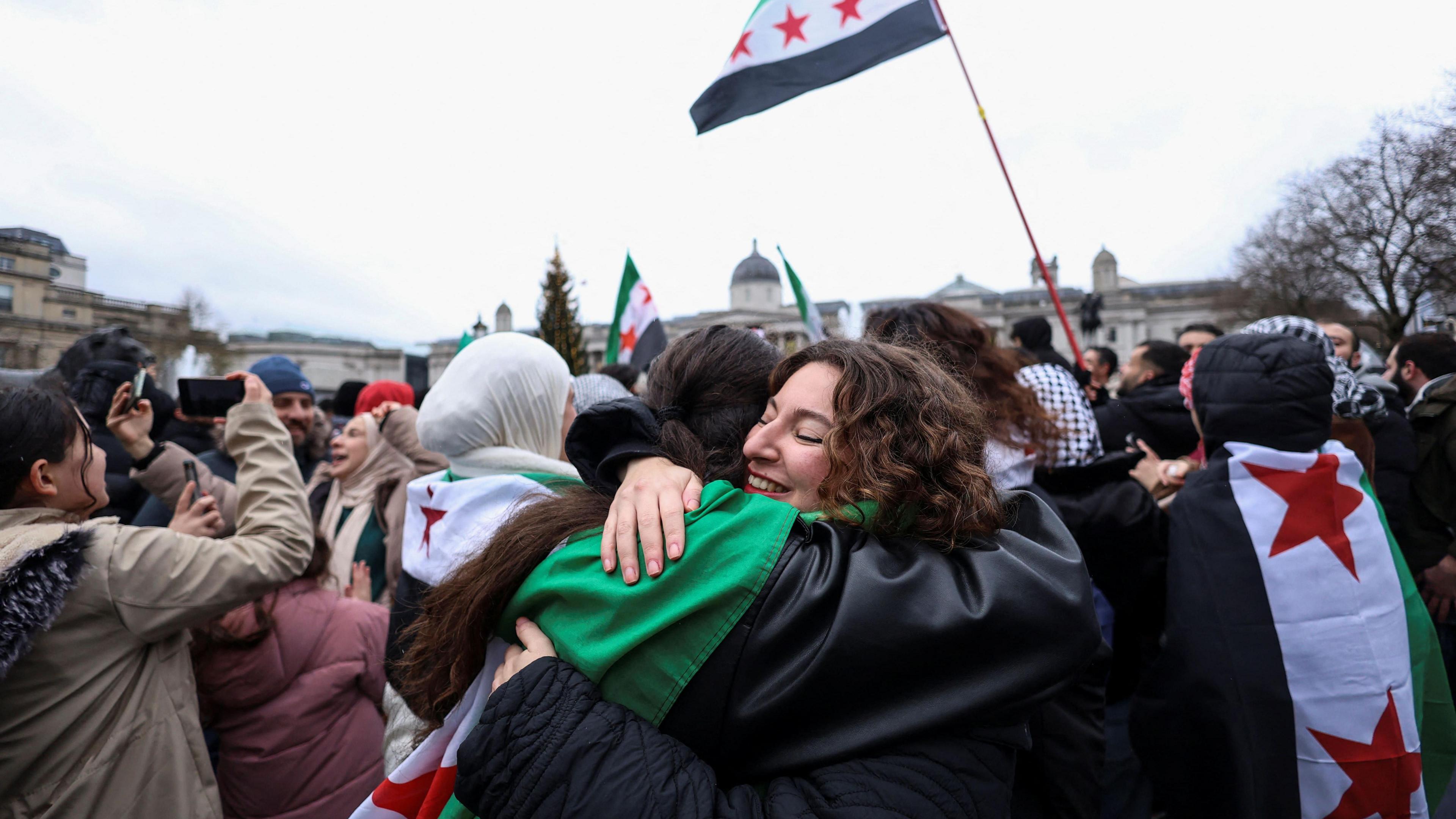
Londoners embrace Assad's downfall
- Published
After President Bashar al-Assad's regime collapsed in Syria following a lightning-fast rebel offensive, displaced Syrians living in London share their thoughts on what this means for their country and their future.
"I feel like I'm in a dream and I don't want to wake up," says Amr Shayah, a Syrian refugee living in Greenwich, south-east London.
He calls me with a croaky voice after spending the past few days celebrating the end of Assad's brutal regime with family and friends.
"The last time I was there, I left twice because I was threatened to be killed or arrested and tortured to death," he said.
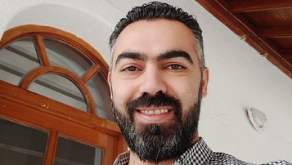
Mr Shayah says witnessing the downfall of Assad was "something I never expected"
For more than 50 years, the Assad family ruled with an iron fist.
But now the Islamist militant group Hayat Tahrir al-Sham (HTS) and allied rebel factions have overthrown the government, leaving Assad to flee to Russia where he has been granted asylum.
Following this, the Syrian diaspora gathered in Trafalgar Square to share sweets, dance and sing in the streets.
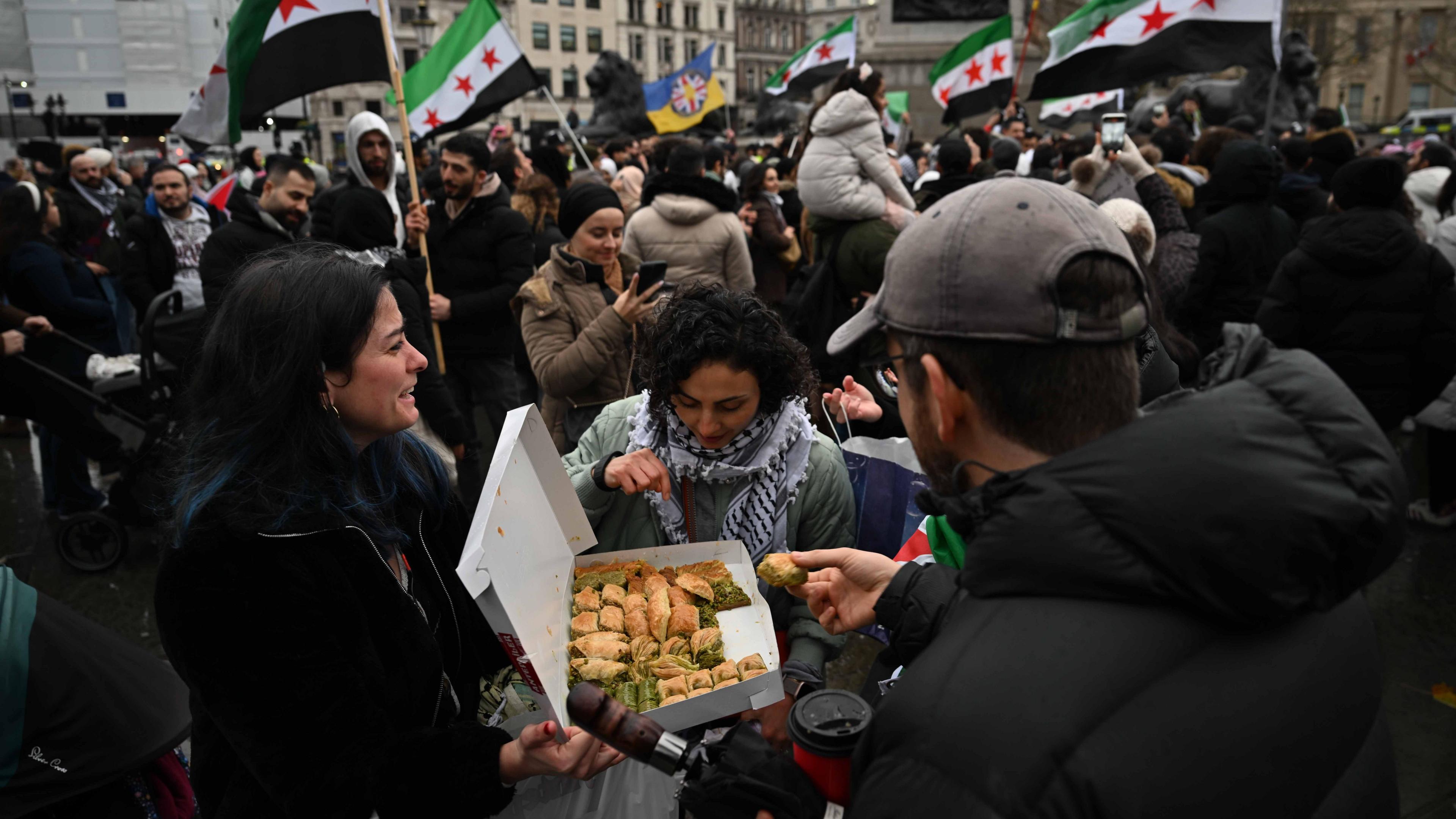
Families gather in Trafalgar Square and share sweets
Mr Shayah, 38, claimed asylum as a refugee in 2022 and now works for humanitarian and development projects.
Previously, he worked in an airport in Syria after studying aviation engineering. He also worked as an activist alongside his day job.
At that time, what started as a revolution in many Arab countries, also known as the Arab Spring, ended up as a civil war in Syria where Assad brutally crushed a peaceful pro-democracy uprising.
On Christmas Day in 2011, Mr Shayah was arrested.
Later released, he said he received a tip-off in 2012 saying he would be arrested again "by an intelligence branch", and it was better to leave the city.
He added his friend received the same call, so they left.
His friend's family were arrested and killed that same evening; Mr Shayah's family survived as they were not at home.
He made his way to settle down in Turkey but after facing racism, he said he decided to come to the UK.
'Beautiful Syria'
"The main goal was to survive and to protect my family," he said.
On Assad's regime ending, he said it was "something I never expected I would witness".
He added it was "really stressful" to think about as the future of the country remained uncertain but that it was the first step towards a free Syria.
He said the former leader still needed to be "held accountable".
He ended our conversation by saying that he hoped to one day see "a beautiful, joint, unified Syria, that has equity for every single person, regardless of their religion, background, colour".

Lujin Arnous said rebuilding Syria would take generations
Student Lujin Arnous said she was "absolutely overjoyed" when the end of the Assad family's five-decade rule collapsed over the weekend.
"It didn't feel real. It felt like a dream," the 19-year-old from Rayners Lane, north-west London, said.
Following from the celebrations that took place across the city, Ms Arnous' relief over the situation started to fade as the reality of what her family in Syria were now going through reaches her over the phone.
'A moment of hope'
"My younger cousins had headphones on because they were scared of the bombs that were shaking their house," she said.
Israeli warplanes carried out dozens of attacks across the country on the night of 8 December for what they say is to stop weapons falling "into the hands of extremists" following the overthrow of the Assad regime.
"You just never know what we are going to wake up to," said Ms Arnous.
On the future of Syria, she said she felt it was "going to take sacrifice of people from outside Syria, who have the degrees and knowledge, to go back to Syria and rebuild it".
After calling for Western countries to help, she added: "All we ask for is to elect our government and to live freely and equally unified in one land."
Ms Arnous said although she was "terrified of another dictatorship" forming, this was a "moment of hope and potential for a better future for the country".
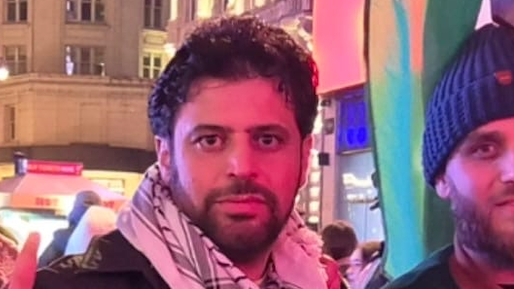
Abdulaziz Almashi (left) founded the Syria Solidarity Campaign
"We never wanted to be refugees. We love our country, we want to go back," said Abdulaziz Almashi, the founder of the Syria Solidarity Campaign who organised Sunday's demonstration in Trafalgar Square after Assad's downfall.
"We feel relieved, we feel so happy."
The cyber security architect from Waterloo, south London, became an activist while studying for his post-graduate degree in London.
He was prevented from returning to Syria because of his involvement in opposing Assad's rule, so he claimed asylum after he finished his studies.
Mr Almashi began the Syria Solidarity Campaign "to raise awareness about what has happened in Syria".
For the past 14 years, Mr Almashi said he had been "working full-time, campaigning full-time, and worrying full-time about loved ones".
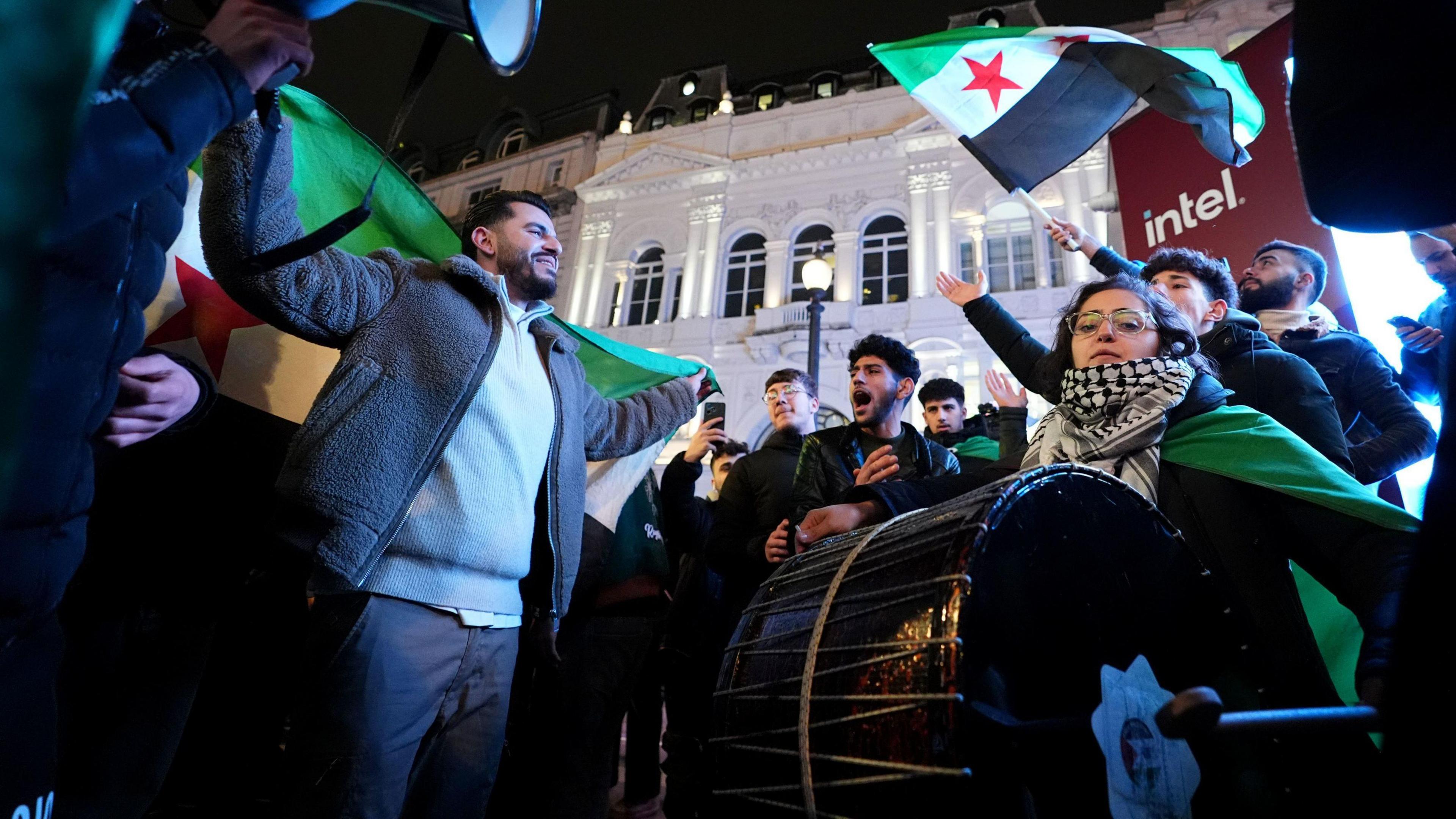
Syrians continued to celebrate on Monday in Leicester Square
"A lot of other Syrians that I've spoken to have said that initially it was good that Assad's gone but then they face the reality of that when they FaceTime their family members back home," he said.
"I would love to go back to Syria," he said, adding it was "not the right time" to return as it was "still unsafe".
'No choice'
The United Nations says since 2011, more than 14 million Syrians were forced to flee their homes in search of safety.
"Syrians had no choice but to seek safety in Europe for their children," Mr Almashi said.
"There are no institutions, no proper education, no safety, no economy, no jobs," he said, before wondering if Syrians returned, would the majority have to rely on Western humanitarian aid for survival.
"I care about my family. This is why so many Syrians managed to stay in Syria. Every single family tried to get someone out, so we can provide for them.
"Syrians in exile, like my family, without me, they would be starving, they would be in the street.
"When it is safe, people can go back."
Listen to the best of BBC Radio London on Sounds and follow BBC London on Facebook, external, X, external and Instagram, external. Send your story ideas to hello.bbclondon@bbc.co.uk, external
Related stories
- Published9 December 2024
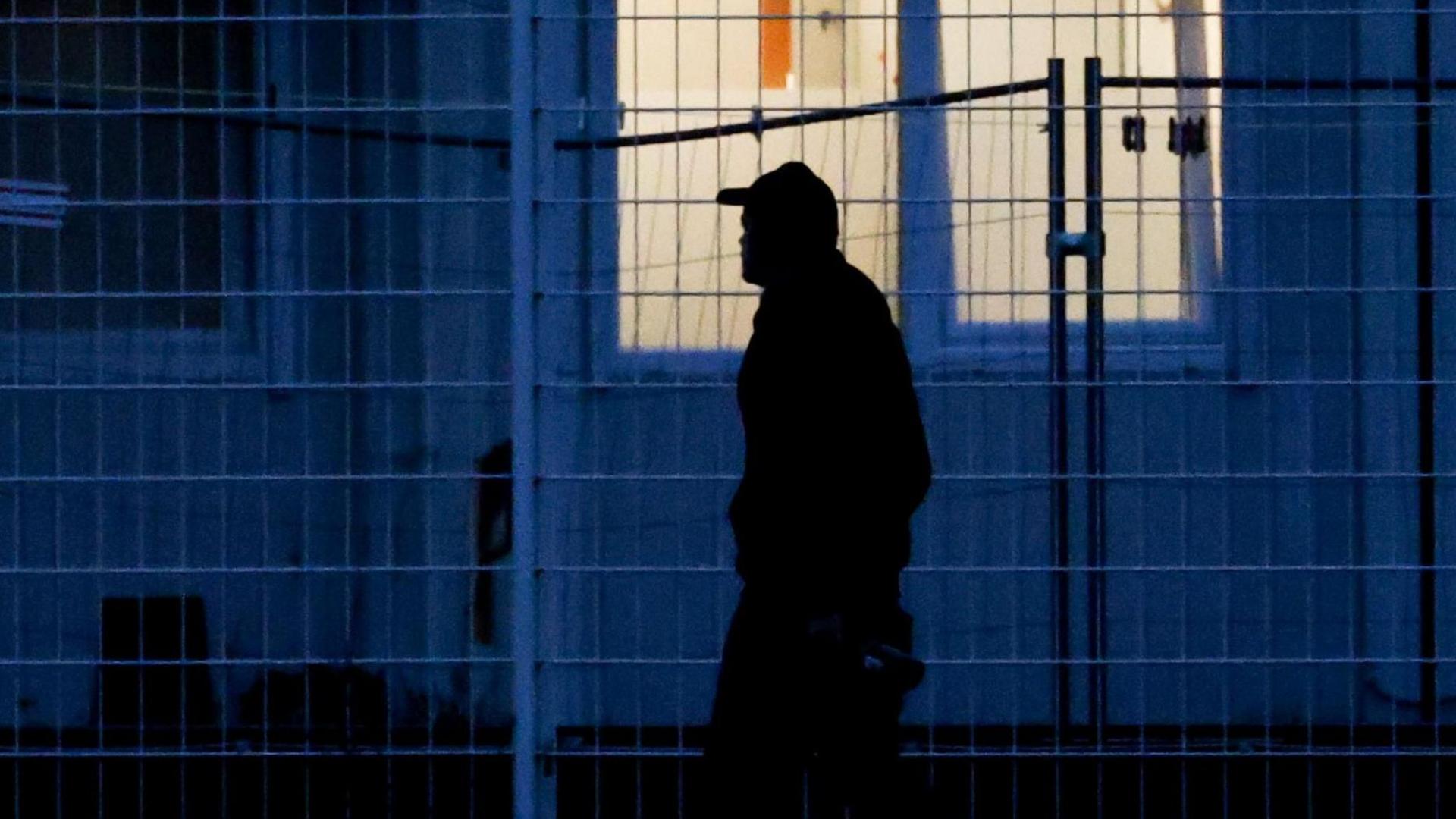
- Published9 December 2024
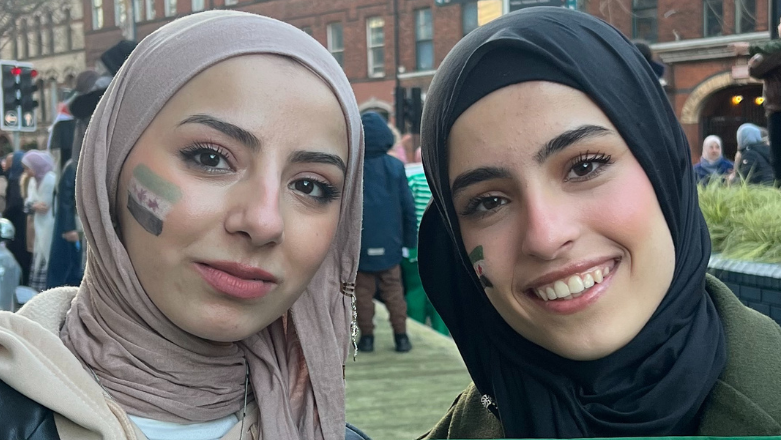
- Published8 December 2024

- Published9 December 2024

- Published13 December 2024
